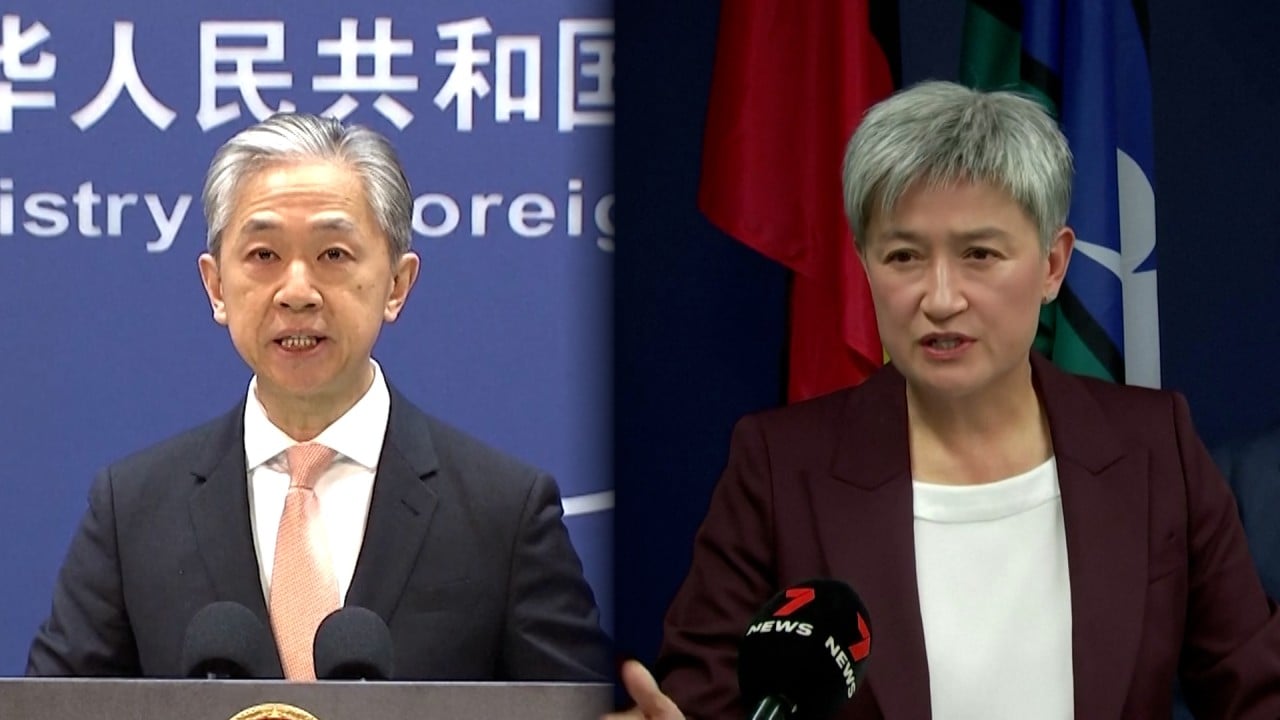
China’s Australian coal imports surge as trade picks up after easing of ban, amid thawing of ties
- China’s March coking coal purchase from Australia quadrupled from the previous month, while thermal coal imports spiked by 14 times
- Beijing reportedly lifted its verbal ban on Australian coal imports in January amid an easing of tensions, that has also spread to lobsters, wine, logs, cotton and barley
China increased purchases of Australian coal sharply in March amid thawing ties as imports rose further following Beijing’s move to lift its unofficial trade barrier earlier this year.
It imported 284,989.5 tonnes of coking coal and 1.93 million tonnes of thermal coal from Australia in March, according to data from the General Administration of Customs released on Friday.
In terms of value, China imported US$92 million of coking coal, up from US$23.7 million in February, while thermal coal shipments rose from US$18.2 million in February to US$256 million last month.
In March 2020 – before China’s unofficial ban on Australian coal – imports of coking coal had reached 4.36 million tonnes, while 5.65 million tonnes of thermal coal entered the Chinese market, according to official data.
Information from Shanxi-based coal information provider sxcoal.com showed that imports will be higher in April, with shipments having already risen above 3 megatonnes compared to 2.77 megatonnes in March.
“Considering the time used for customs clearance, the difference with Chinese customs data seems justified, though [it] could vary to some extent,” said sxcoal.com chief editor Harry Huo.
High-quality Australian coal is highly desired by China’s steelmakers and power plants
“High-quality Australian coal is highly desired by China’s steelmakers and power plants,” said Giulia Interesse, an editorial associate at consulting firm Dezan Shira and Associates in a blog post last month.
“China was a significant consumer of Australian coal until a non-official ban was imposed due to heightened political tensions between the two countries.”
Beijing responded by imposing a raft of unofficial and official bans on Australian wine, barley, lobsters, cotton, logs and coal.
The unofficial ban of Australian coal led to Beijing diversifying its sources of imports from Mongolia, Russia and Indonesia, according to Interesse.
Australian Prime Minister Anthony Albanese and trade minister Don Farrell are also expected to meet with their Chinese counterparts in Beijing later this year.



